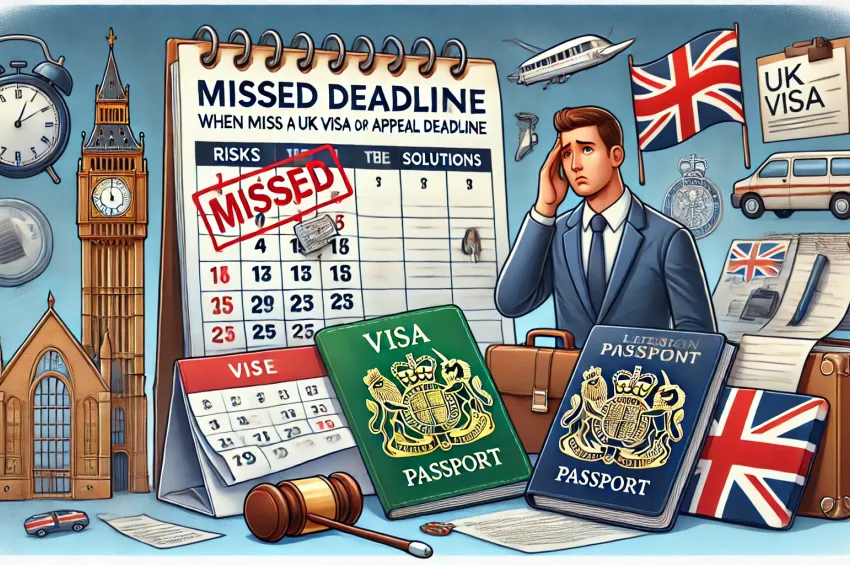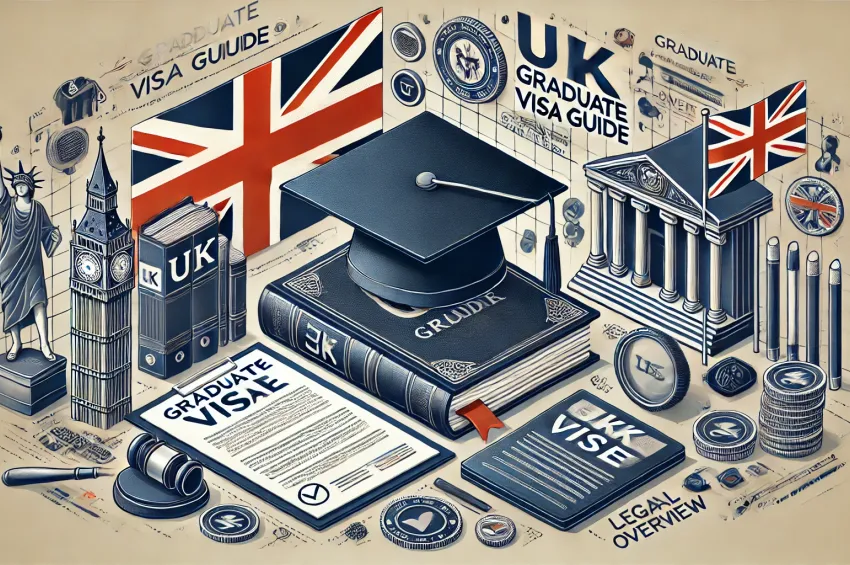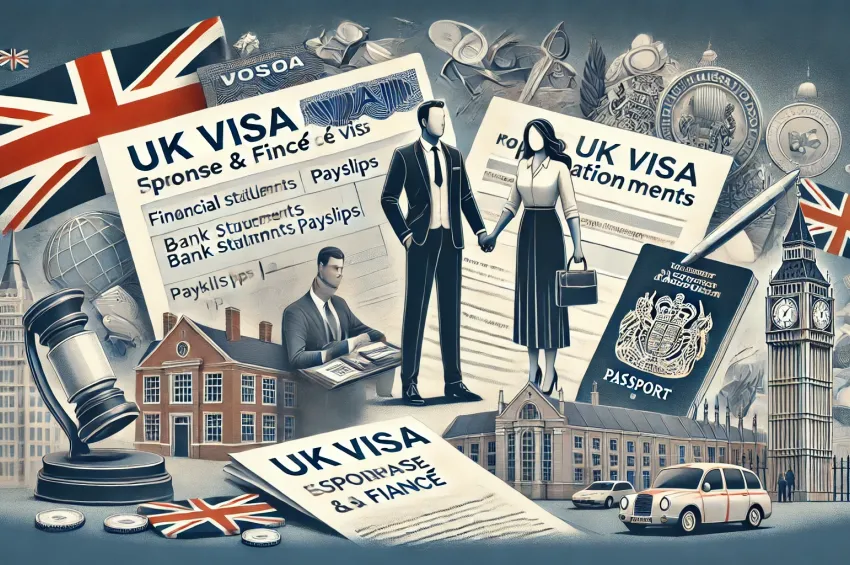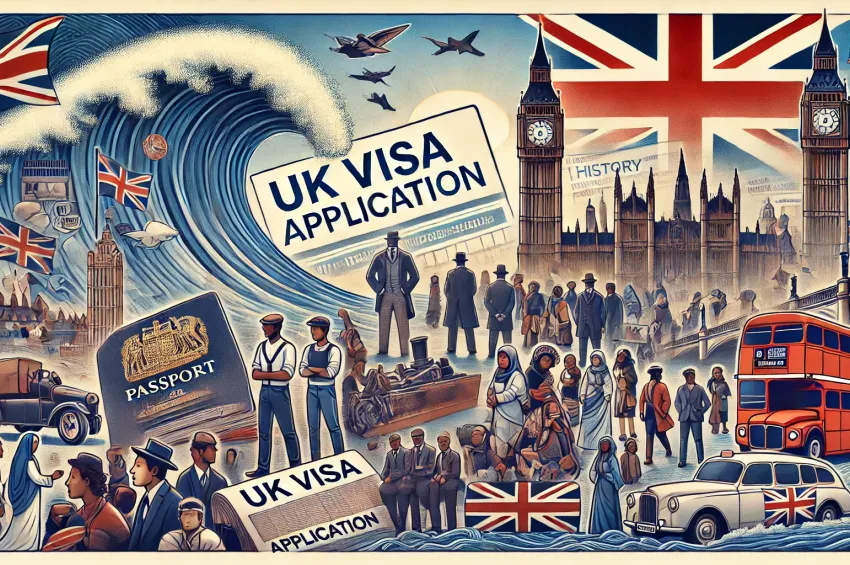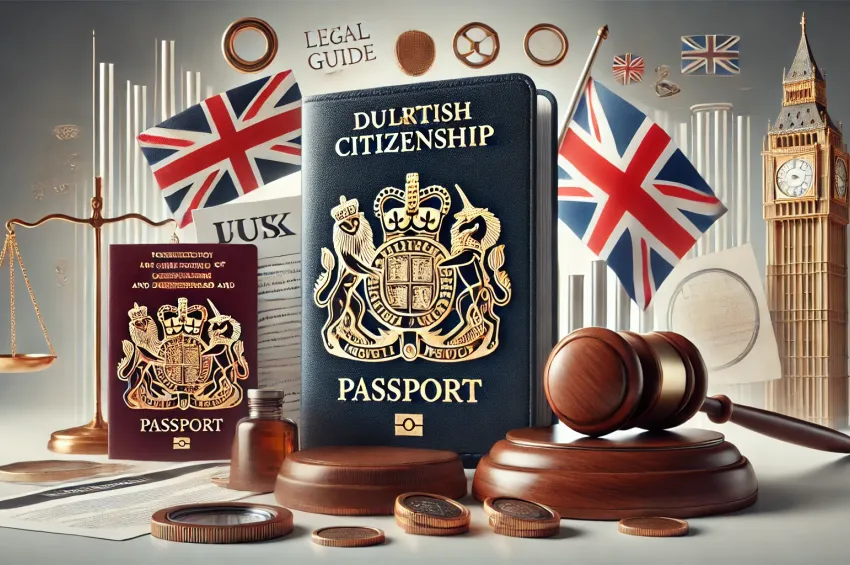
British citizenship by double descent refers to the acquisition of British nationality through a grandparent born in the United Kingdom. This pathway is particularly pertinent for individuals born outside the UK who have a UK-born grandparent and wish to explore their rights to British citizenship. The legal framework governing this route is intricate, with eligibility criteria varying based on factors such as the applicant's date of birth, the lineage through which the claim is made, and historical changes in British nationality law.
At Sahin Legal Consultancy, we specialize in navigating the complexities of British nationality law, providing expert guidance to individuals seeking citizenship through double descent. This comprehensive guide delves into the legal intricacies of British citizenship by double descent, outlining eligibility criteria, application procedures, and addressing frequently asked questions to assist prospective applicants in understanding their rights and the application process.
1️⃣ Understanding British Citizenship by Double Descent
British citizenship by double descent pertains to individuals born outside the UK who can claim British nationality through a UK-born grandparent. Unlike citizenship by descent, which involves a direct parental link, double descent requires tracing lineage through two generations. The eligibility for this form of citizenship is governed by specific provisions in British nationality law, which have evolved over time to address various historical and legal contexts.
2️⃣ Eligibility Criteria for British Citizenship by Double Descent
Eligibility for British citizenship by double descent is contingent upon several factors, including the applicant's date of birth, the circumstances of their parents and grandparents, and the specific provisions of British nationality law in effect at the relevant times. Below is a detailed breakdown of the eligibility criteria based on the applicant's date of birth:
A. Applicants Born After 1 January 1983
For individuals born outside the UK after 1 January 1983, eligibility for British citizenship by double descent may arise under the following circumstances:
- UK-Born Grandfather in Crown Service: If the applicant's UK-born grandfather was employed in Crown service at the time of the relevant parent's birth, the applicant may be eligible for British citizenship.
- Parent Registered as a British Citizen: If the applicant's parent had a UK-born mother (the applicant's grandmother), did not have a UK-born father, and was registered as a British citizen between 2 February 1979 and 31 December 1982, the applicant may qualify for citizenship.
- Birth in a Former British Colony: If the applicant or their parent was born in a former British colony, subject to further criteria being met, there may be a claim to British citizenship.
B. Applicants Born Between 1 January 1949 and 31 December 1982
Individuals born outside the UK during this period may be eligible for British citizenship by double descent under specific conditions:
- Birth in a Former British Territory: If the applicant or their parent was born in a former British territory (excluding the main Commonwealth countries of 1949, such as Australia, Canada, and New Zealand, but including countries like India, South Africa, and (Southern) Rhodesia at various times), they may have a claim to British citizenship.
- Parent in Crown Service: If the applicant's parent was in Crown service at the time of the applicant's birth, this may establish eligibility for citizenship.
- Parental Marriage Before 1949: If the applicant's parents married before 1949 and the paternal grandfather was born in the UK, the applicant may be eligible for British citizenship.
- Maternal Grandfather Born in the UK: If the applicant's maternal grandfather was born in the UK and the applicant was born in a "foreign country" (including South Africa, the USA, and most European countries), there may be a pathway to citizenship.
C. Applicants Born Before 1 January 1949
For those born outside the UK before 1949, eligibility for British citizenship by double descent is determined on a case-by-case basis, with common scenarios including:
- Non-Commonwealth Birth Before 1915: If both the applicant and their parent were born outside the Commonwealth before 1915, there may be a claim to British citizenship.
- Birth in a Former British Territory: Similar to later periods, birth in a former British territory may establish eligibility, subject to specific criteria.
- Marriage to a British Man Before 1949: Women who married British men before 1949 may have a claim to British citizenship.
3️⃣ Application Process for British Citizenship by Double Descent
Applying for British citizenship by double descent involves a meticulous process that requires thorough documentation and adherence to legal protocols. The following steps outline the general procedure:
A. Assessment of Eligibility
Before initiating an application, it is imperative to conduct a comprehensive assessment of eligibility based on the specific criteria outlined above. This assessment should consider the applicant's lineage, dates of birth, and the relevant provisions of British nationality law.
B. Compilation of Supporting Documentation
Applicants must gather extensive documentation to substantiate their claim, including:
- Birth Certificates: Official birth certificates of the applicant, their parents, and grandparents, demonstrating the lineage to a UK-born grandparent.
- Marriage Certificates: If applicable, marriage certificates that establish the legal relationships between ancestors.
- Proof of British Citizenship: Documents evidencing the British citizenship status of the relevant ancestor(s), such as passports or naturalization certificates.
FAQs About British Citizenship by Double Descent
1️⃣ What is British Citizenship by Double Descent?
✔ British citizenship by double descent is a nationality route that allows individuals born outside the UK to claim British citizenship through a UK-born grandparent. Unlike direct descent (where a child inherits citizenship from a British parent), double descent requires tracing lineage through two generations.
2️⃣ Who Qualifies for British Citizenship by Double Descent?
✔ To qualify, you must:
- Have a UK-born grandparent.
- Have a parent who, in some cases, may have been registered as a British citizen or born in a former British territory.
- Meet the specific historical and legal requirements based on your date of birth.
📌 Important: Eligibility is highly case-dependent, and a legal assessment is often needed.
3️⃣ Can I Claim British Citizenship if My Grandparent Was Born in a Former British Territory?
✔ In some cases, yes. If your grandparent was born in a former British colony that later became independent, you may qualify depending on historical laws at the time of independence.
🚫 However, you CANNOT claim British citizenship if your grandparent was born in a Commonwealth country that was independent at the time of their birth, such as Canada, Australia, or India.
4️⃣ How Does My Parent’s Citizenship Status Affect My Application?
✔ If your parent was registered as a British citizen before your birth, this may strengthen your case.
✔ If your parent was born in a former British colony and held British nationality, you may be eligible.
✔ If your parent naturalized as a British citizen after your birth, this does not automatically grant you citizenship.
📌 Key Point: Your parent’s British nationality status at the time of your birth is critical in determining eligibility.
5️⃣ Do I Need to Live in the UK to Apply for British Citizenship by Double Descent?
🚫 No, you do not need to be living in the UK to apply. This is a nationality claim, meaning you can apply from abroad.
6️⃣ What Documents Do I Need to Prove My Claim?
✔ Your birth certificate.
✔ Your parent’s birth certificate.
✔ Your grandparent’s birth certificate (showing UK birth).
✔ Marriage certificates (if applicable, to confirm name changes or legitimacy of descent).
✔ Proof of your grandparent’s British nationality (e.g., old passports, naturalization documents).
✔ Any official documents proving British citizenship registration of your parent (if applicable).
📌 Key Tip: If your documents are not in English, you must provide certified translations.
7️⃣ How Long Does It Take to Process a British Citizenship by Double Descent Application?
✔ Processing times vary but typically range from 6 to 12 months, depending on case complexity and supporting evidence.
🚀 Priority processing options may be available in some cases.
8️⃣ What Happens If My Application Is Refused?
✔ If your application is refused, you can:
- Request an administrative review if you believe an error was made.
- Submit a new application with stronger evidence.
- Seek legal advice to explore other possible citizenship routes.
📌 Common reasons for refusal include missing documents, incorrect lineage claims, and failure to meet historical nationality law criteria.
9️⃣ Can I Pass British Citizenship to My Children If I Obtain It by Double Descent?
✔ If you obtain British citizenship by double descent and live in the UK for at least 3 years, you may be able to pass citizenship to children born after your naturalization.
🚫 However, if you remain outside the UK, your children may not automatically inherit British citizenship.
📌 Important: If your children were born before you obtained British citizenship, they may need to apply separately.
🔟 Can I Hold Dual Citizenship If I Apply for British Citizenship by Double Descent?
✔ Yes, the UK allows dual citizenship, but you must check whether your current country of nationality permits dual citizenship.
📌 Some countries require you to renounce your previous nationality when obtaining a new one.
Why Work With Sahin Legal Consultancy?
British citizenship by double descent is a complex area of nationality law, with eligibility depending on historical laws, family lineage, and supporting documentation. Incorrect applications are often refused, leading to delays and legal complications.
At Sahin Legal Consultancy, we provide:
✔ Detailed eligibility assessments based on your family history.
✔ Expert guidance on gathering and presenting documentation.
✔ Application submission and legal representation for complex cases.
✔ Appeals and refusals handling if your application is rejected.
📩 Need expert help securing your British citizenship? Contact Sahin Legal Consultancy today for a legal consultation! 🚀


